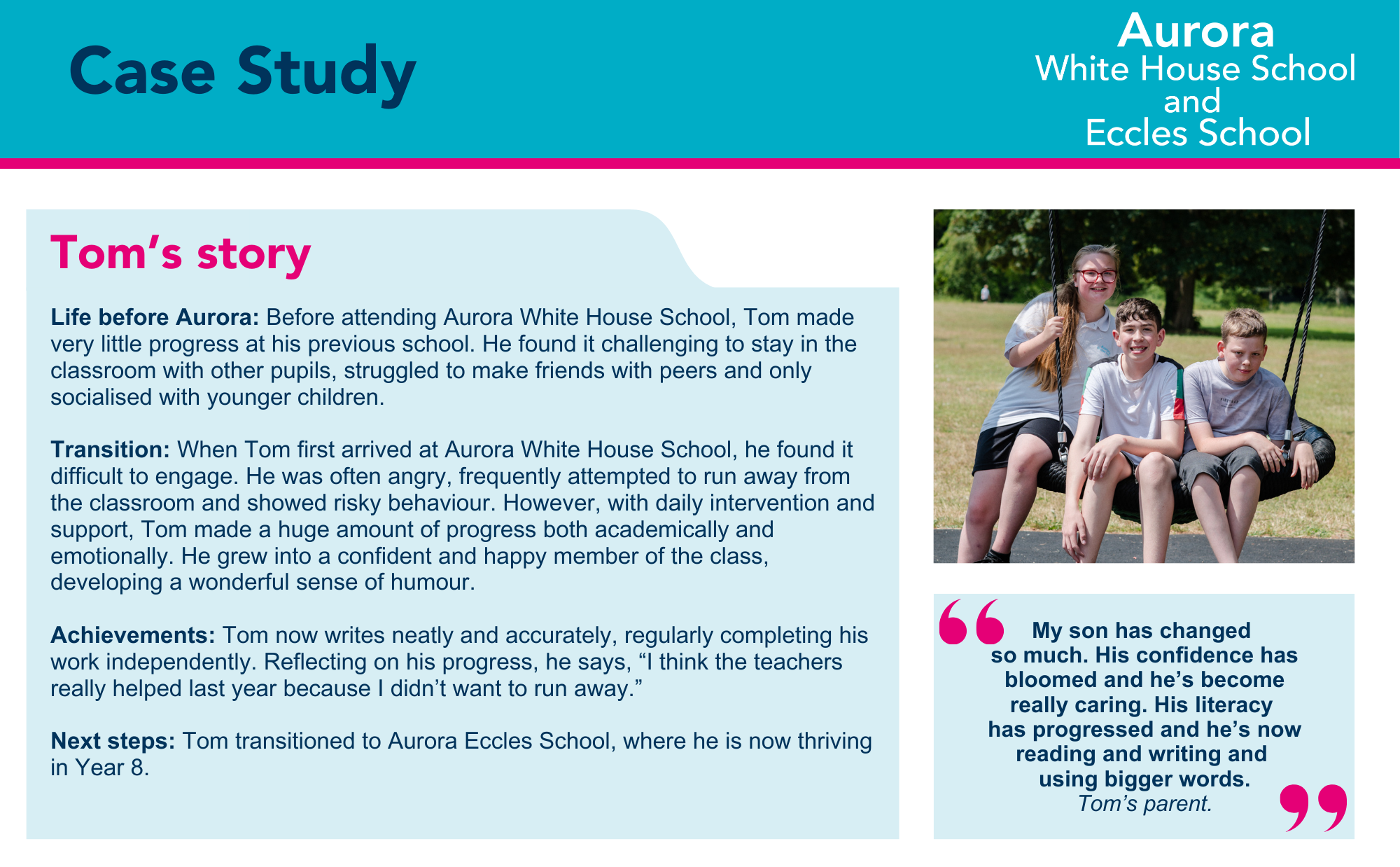Our Outcomes
Outcomes and Attendance
We do not enter our children into standard national assessments such as the Phonic Check and Key Stage Standard Assessments and Tasks. We do measure outcomes, reporting on them to families and the Local Authorities we work with.
We use a range of tools to help us assess the progress of our children, including (but not limited to) standardised assessments e.g., those that indicate a child’s reading age. Although we don’t enter children into the national phonic check, we do assess their progress in phonics on a half-termly basis using our own phonic assessment. Our clinical team also use a range of standardised assessments to help support our children’s progress (holistically which, in turn, helps academic progress e.g., Occupational Therapy interventions can help a children to be better able to engage with their learning and communicate their ideas, in addition to the broader benefits for life).
We measure the progress children are making towards meeting their EHCP outcomes (therefore removing or reducing barriers to learning), placing the child’s EHCP at the heart of their curriculum offer.
Our bespoke ‘World Through a Book’ curriculum is based on the National Curriculum, but skilfully adapted. We assess children’s progress with learning using teacher assessment of progress, which we relate to descriptors of ‘entering’, ‘developing’, and ‘secure’ in relation to national curriculum year groups.
For our younger children, we use the Birth to 5 Matters developmental framework and the Early Years Foundation Stage Early Learning Goals.
We use a range of other assessments to support our children and ensure the best possible outcomes for them, including (but not limited to) emotional well-being scales, THRIVE profiles and assessments, and Forest School assessments.
Attendance
One of our proudest outcomes for children is their attendance level at school. Our children often join us having had prior poor attendance at school. Our children want to be here and engage with their school community and learning when they are. In the summer term of 2024, much of the autumn term 2024 and the spring of 2025 our whole school attendance was above 95%, with some days recording attendance of 100%, which is significantly higher than the national average (2024/25 DfE) for special schools (87.3%) and above the national average for primary schools (94.8%), and secondary schools (92%).
Our children want to be here and learn when they are.
Case Studies





